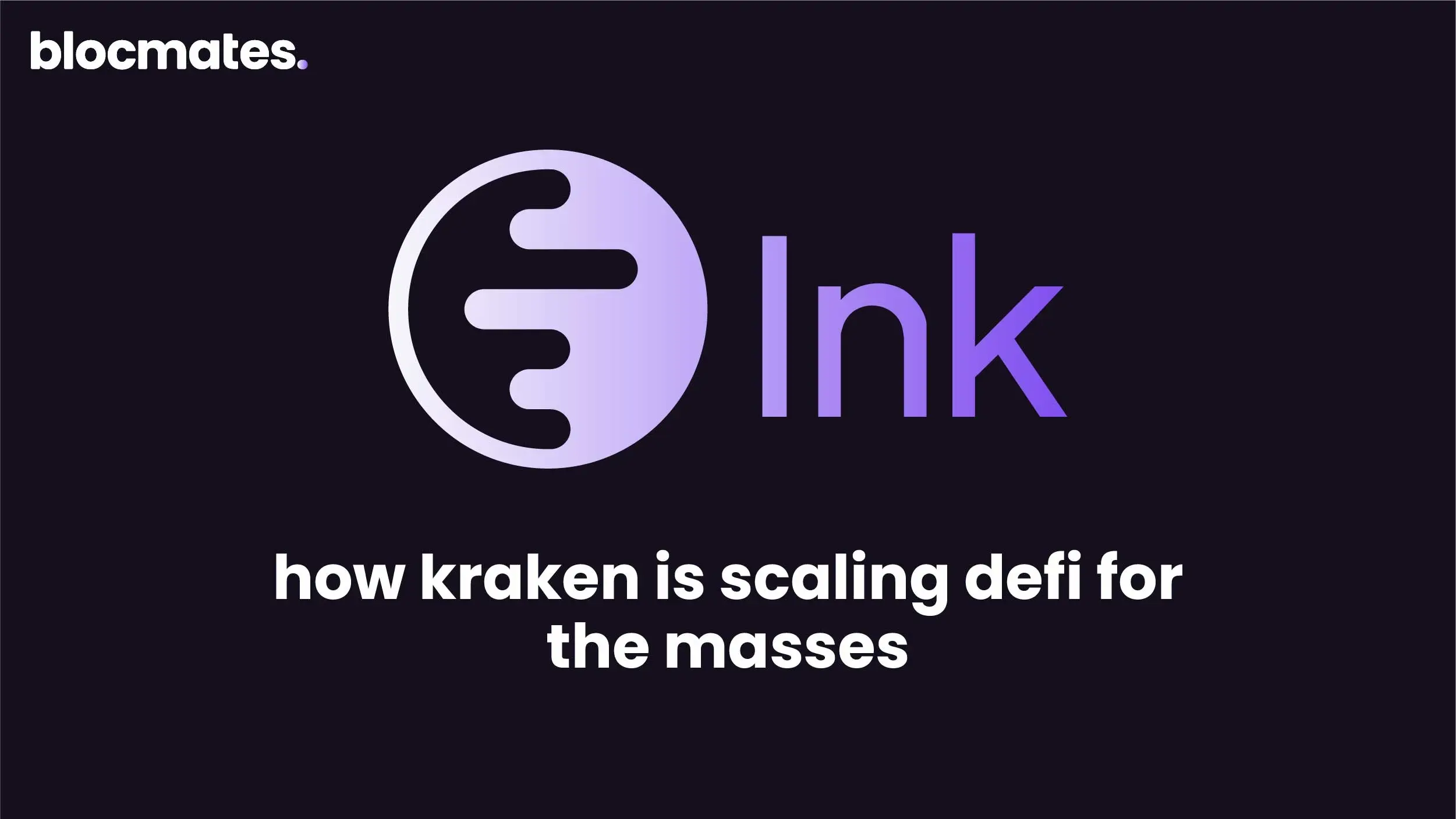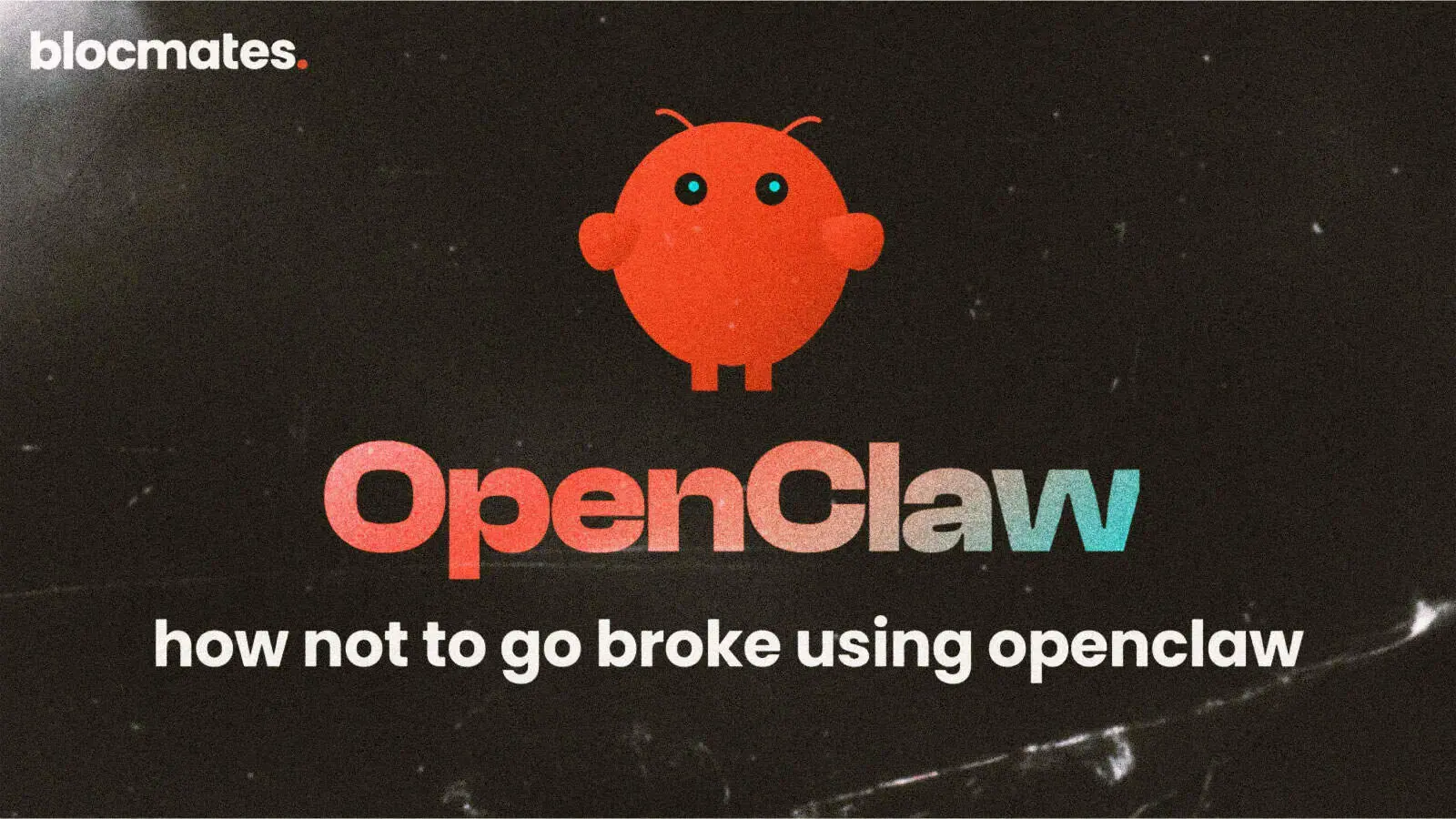A new draft bill from U.S. House committees proposes the first comprehensive regulatory framework for digital assets, aiming to resolve jurisdictional confusion and provide clarity for crypto firms.
Background
- The U.S. House Financial Services and Agriculture Committees released a joint discussion draft of a crypto market structure bill on Monday.
- This new proposal builds on the prior Financial Innovation and Technology for the 21st Century Act (FIT21), which advanced through the House last year.
- The bill aims to create a formal regime for digital asset oversight, splitting responsibilities between the SEC and the CFTC.
- It introduces rules for capital raising by digital asset developers, disclosures, decentralization standards, and registration requirements for trading platforms and issuers.
- Lawmakers are also tackling stablecoin regulation through the GENIUS Act in the Senate, which seeks to create a comprehensive regime for stablecoin issuers with federal oversight.
Why Should You Pay Attention?
- The legislation represents a pivotal moment for U.S. crypto regulation, promising long-requested clarity for developers, investors, and exchanges.
- It defines a clear jurisdictional boundary between the SEC and CFTC, an area that has caused significant confusion for the industry.
- New provisions exempt decentralized protocols from burdensome regulation and clarify how projects transition from centralization to decentralization.
- The accompanying GENIUS Act could establish stablecoins as a regulated and federally recognized payment vehicle, boosting their adoption and solidifying the dollar's global dominance.
Who Said What?
- Rep. Glenn "GT" Thompson:
"This is the first step toward a framework that protects consumers, fosters innovation, and closes regulatory gaps."
- Rep. French Hill:
The bill delivers "much-needed regulatory clarity."
- VanEck's head of digital asset research called it a "major upgrade" from FIT21 and highlighted its decentralization test, DeFi exemptions, and investor access.
- Alex Thorn of Galaxy warned that if the Senate stablecoin bill doesn't pass, it could stall broader crypto legislation for 2025.
- The Blockchain Association, Crypto Council for Innovation, and Digital Chamber jointly urged the Senate to move forward with the GENIUS Act.
Zooming Out
- The draft bill marks the most comprehensive effort to date by U.S. lawmakers to integrate crypto into the financial system while ensuring consumer protections.
- As debates over national security, AML compliance, and foreign issuer accountability continue, passage of these bills could finally allow the U.S.-based crypto firms to operate with legal certainty.
- With over $243 billion in stablecoins in circulation and growing pressure from global competitors, regulatory clarity could not only secure U.S. leadership in crypto innovation but also reinforce the dollar's status in a digital age.
- The bipartisan nature of these bills and the public call for Senate action signals momentum, though political hurdles remain.
- If passed, this framework may become a global model for responsible crypto legislation that balances innovation with oversight.



































.webp)

.webp)
.webp)

%20(1).webp)



























































%202.webp)


.webp)

.webp)
.webp)
.webp)

.webp)
.webp)

.webp)
.webp)
.webp)


.webp)
.webp)










.webp)


.webp)









.webp)







.webp)




.webp)


























.webp)







.webp)















.webp)

.webp)
.webp)

.webp)














.webp)

.webp)


.webp)








.webp)




